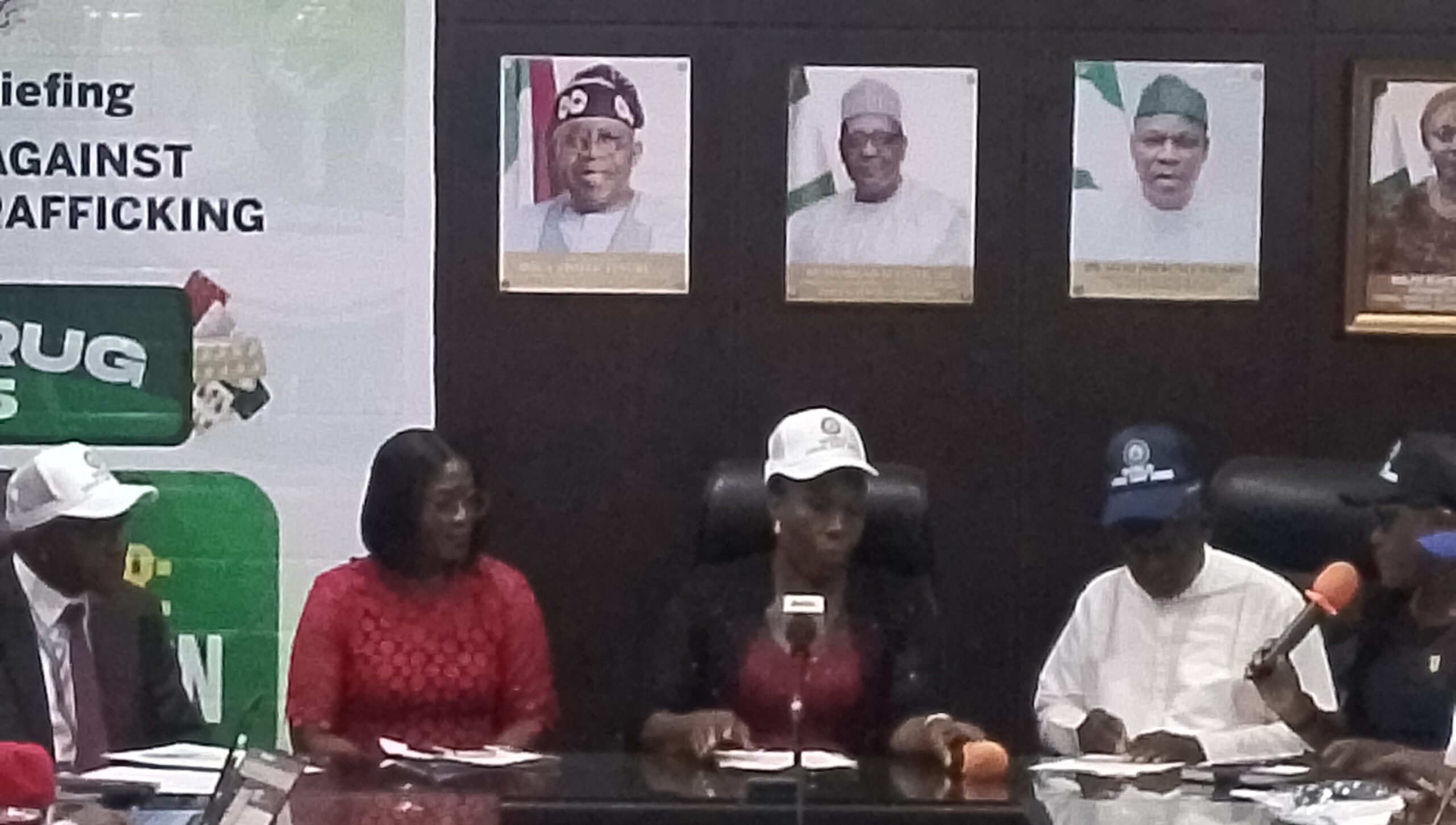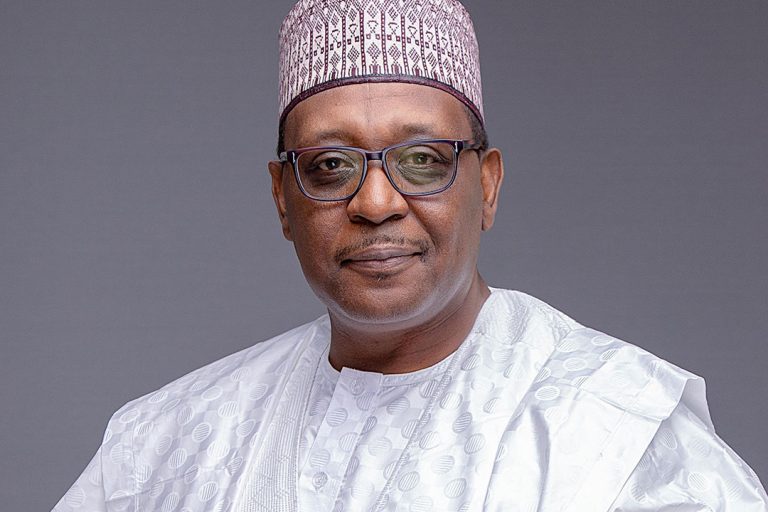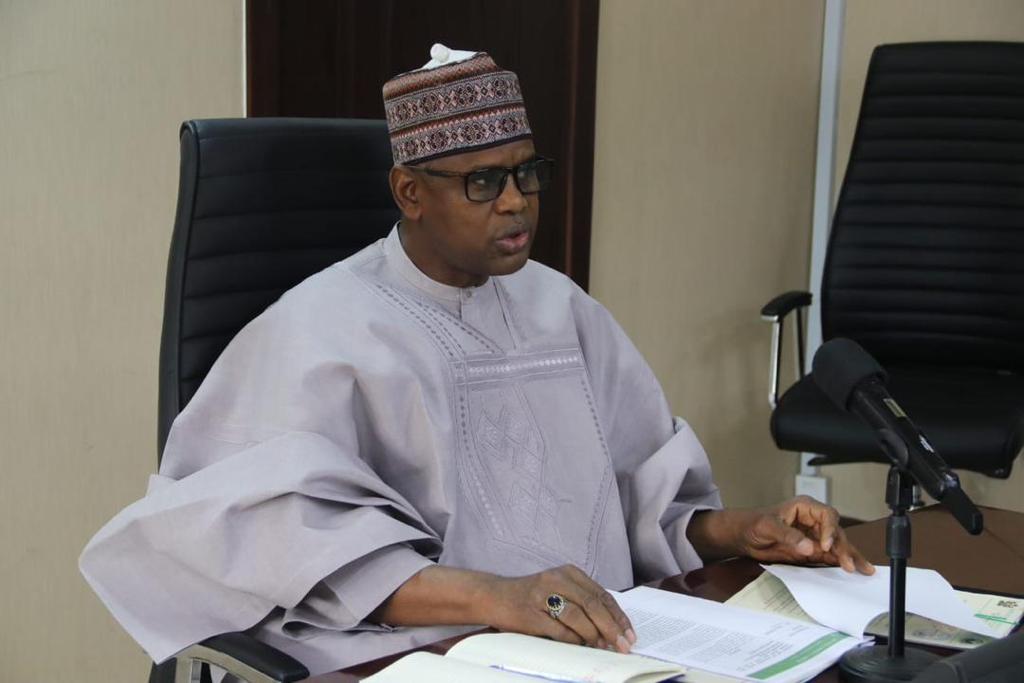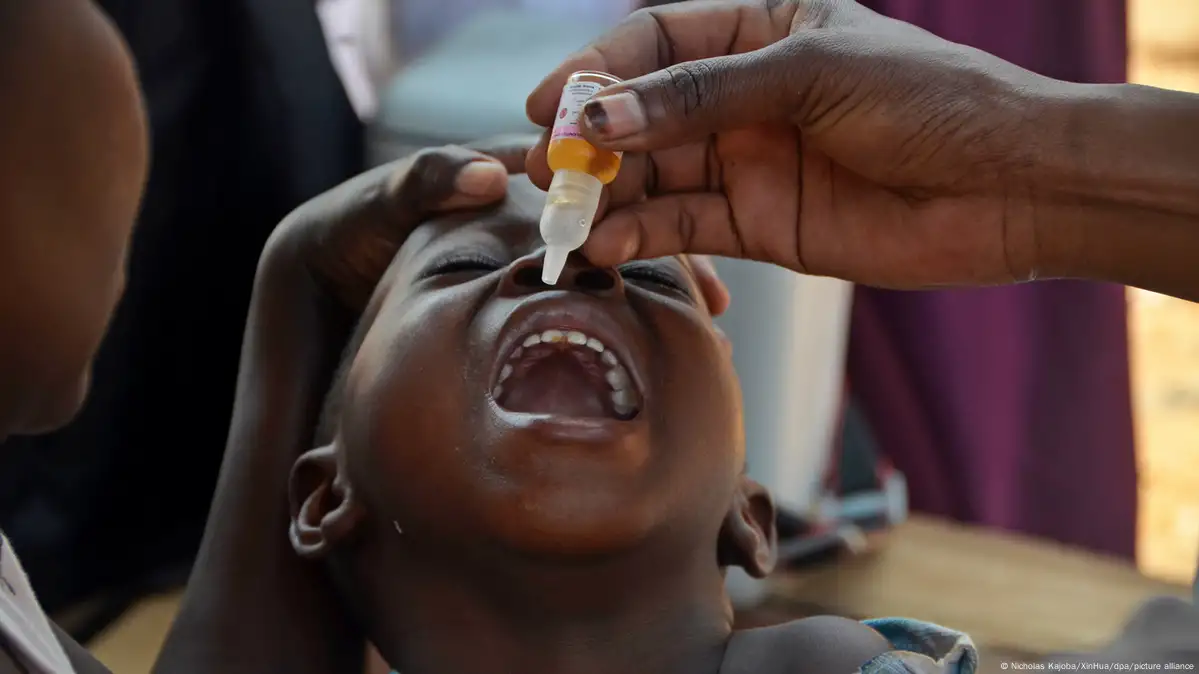
…..UNODC, WHO, NDLEA, Others Moves for Unified Action
By Fatima Saka
The Federal Government, through the Federal Ministry of Health and Social Welfare has issued a clarion call for a national coordination and multi-sectoral strategy to combat the growing scourge of drug abuse in Nigeria,
The government urged state and local governments to play their constitutional roles by establishing rehabilitation and vocational centres in every local government area.

This was the central message during the Ministerial Press Briefing commemorating the 2025 International Day Against Drug Abuse and Illicit Trafficking (World Drug Day), held on Wednesday in Abuja, in line with this year’s theme, ‘The Evidence is Clear: Invest in Prevention’,
Delivering the keynote on behalf of the Permanent Secretary, Federal Ministry of Health and Social Welfare, Daju Kachollom S., mni, the Director of Food and Drug Services, Pharmacist Olubunmi Aribeana, described the fragmented and uncoordinated nature of current interventions as a major barrier to national progress.
“There are policies, but implementation is done in silos. There is no coordinated structure, and the existing capacity is not enough to tackle the menace,” she said. She emphasized that with only 11 federal drug treatment centres, Nigeria lacks sufficient coverage to serve its 36 states and the FCT.
Calling on state and local governments to set up treatment, rehabilitation, and vocational centres, she noted: “This is not just a federal burden. Drug abuse is a national emergency that must be addressed jointly.”
Permanent Secretary Daju Kachollom S., mni, announced that the Ministry is setting up a national sub-group on drug abuse to drive a harmonized response.
“There is a need for a position paper, a clear roadmap, specific roles, and a national scorecard for monitoring. If we fail to do this, the drug crisis will consume an entire generation,” she said.
She reiterated the need to rehabilitate and empower young Nigerians with vocational training, warning: “We must stop playing the ostrich. Drug abuse is not just a health crisis, it is a national development crisis.”
In her remarks, Pharmacist Aribeana called on parents, teachers, traditional rulers, religious leaders, policymakers, and the media to join hands with the government. “Let us invest in prevention, support recovery, and save this nation from an avoidable tragedy,” she said.
While delivering her welcome remarks, Mrs. Henrietta Bakura-Onyeneke, representing Pharm. Mrs. Olubunmi Aribeana, Director of Food and Drug Services at the Federal Ministry of Health and Social Welfare, stated: “Today’s event is focused on advocating for stronger action and collaboration in tackling the global drug problem. It also presents an opportunity to share updates on the strategic measures being implemented by the Ministry alongside key stakeholders to combat the growing menace of drug abuse in Nigeria.
“The 2018 National Drug Use Survey provided reliable and policy-relevant data that has informed the formulation of national strategies. It revealed that cannabis, followed closely by opioids, are the most commonly abused substances in Nigeria. Alarmingly, an estimated 10.8 million Nigerians had used cannabis in 2017, while 4.6 million had used opioids for non-medical purposes within the same period.
‘These figures are a sobering reminder of the severity of the issue, not only in Nigeria but globally. They reflect the rising non-medical use of substances such as cannabis, amphetamines, and opioids including tramadol, codeine, and morphine posing a growing public health concern. The time for action is now, and it must be collective.”
She highlighted that the the Ministry is designing inclusive interventions to address the stigma and discrimination often faced by people who use drugs. We are also working to promote respectful, non-judgmental language and attitudes, while empowering young people and local communities to take a stand against drug use and addiction.
“We recognize that meaningful progress will require coordinated efforts. The Federal Ministry of Health therefore calls on all MDAs, civil society organizations, NGOs, and implementing partners to treat drug abuse as an urgent national issue that demands unified action. Let us remember: Prevention is better than cure. Together, we can achieve the vision of a drug-free Nigeria.”
Delivering a goodwill message, Mr. Oliver Stolpe, the Country Representative of the United Nations Office on Drugs and Crime (UNODC), pledged continued support for Nigeria’s fight against drug abuse.
“The theme of this year, ‘The Evidence is Clear: Invest in Prevention’ is not just a slogan. It is a science-backed call to invest in prevention, coordination, and accountability,” he said.
Stolpe urged the Federal Government to establish a national sub-group on drug abuse, develop a unified roadmap, and assign clear responsibilities to MDAs, NGOs, and civil society groups. “Without coordination, measurable progress will remain elusive,” he warned.
Also, representative of the NDLEA Chairman, Brig. Gen. Buba Marwa (Rtd.), the agency emphasized that addressing drug abuse requires more than enforcement. “The fight must also include education, early intervention, rehabilitation, and reintegration,” he said.
Marwa praised frontline workers and community leaders and called for urgency and synergy among all stakeholders. “We cannot police our way out of addiction. Our response must be rooted in compassion and collaboration.”
Speaking on, the World Health Organization (WHO) Country Representative, Dr. Alex Gasasira, decried the limited treatment access in Nigeria, noting that only 10,000 people can access rehabilitation annually a stark contrast to the 14.4 million drug users in the country.
Gasasira called on the government to scale up treatment centres, expand harm reduction services such as needle-syringe programmes and Medication Assisted Treatment (MAT), and develop long-term recovery and reintegration programmes.
He also cited the public health risks of injection drug use, including the spread of HIV and hepatitis. “We must protect this generation and the next from being consumed,” he urged.
Representative of the Institute of Human Virology Nigeria (IHVN), described drug use as a development, health, and human rights issue. Representing IHVN, the team highlighted the agency’s Global Fund-supported N-THRIP interventions providing MAT, psychosocial support, and integrated HIV, TB, and hepatitis services in multiple states.
“We are proud to deliver community-led, evidence-based, and non-discriminatory services. But this fight cannot be won alone,” the IHVN representative said, urging more investment and community driven approaches.
READ ALSO: Yahaya Bello Never Paid for EFAB Property, Company Officials Tell Court
In order to address the growing drug abuse crisis, the Ministry is set to convene a national summit that will foster comprehensive dialogue and coordinated stakeholder action.
The event, which is part of a week-long commemoration, will climax on Thursday, June 26, with a Grand Finale at the State House Conference Centre, Abuja.





